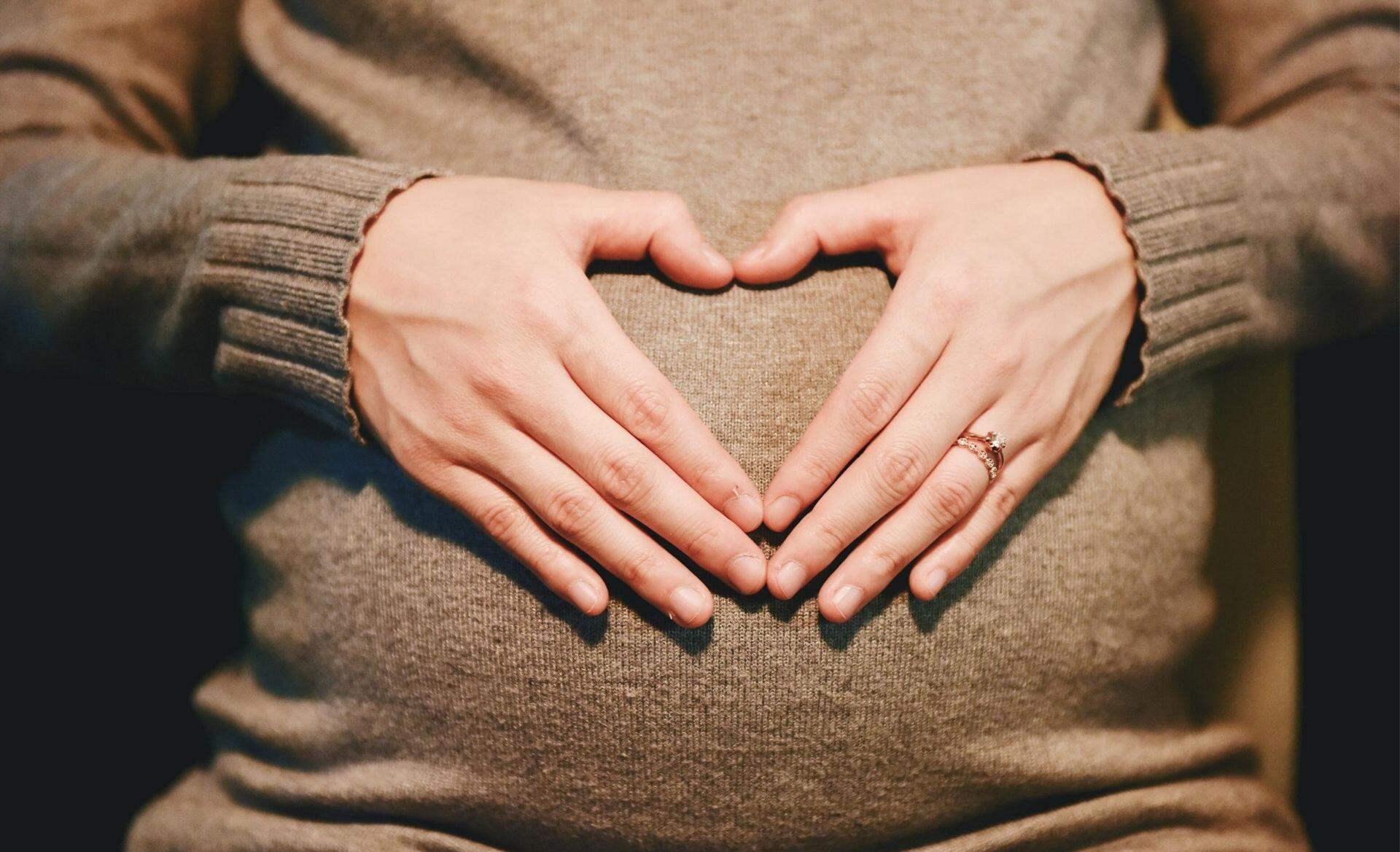Your baby’s movements will commence somewhere between 16 and 22 weeks of pregnancy and the time varies based on whether:
- it is a first or a subsequent child,
- the placenta is on the front or the back wall of the uterus
As the pregnancy goes on you will be asked three questions at each visit:
- Are you feeling well?
This relates to whether you have any incidental illness, have a problem involving the pregnancy with pain or bleeding or anything else that may be of concern. - Is the baby well?
This relates to whether your baby is moving. - Do you have any questions, problems or worries?
Use your appointments to discuss any questions or concerns you have about your pregnancy and how you are feeling.
Regular movements by twenty-six weeks
During your pregnancy the movements will become stronger and more established. Movements are usually quite established by twenty-six weeks, though the child will have the occasional very quiet day. By twenty-eight weeks your baby should be moving at least ten times every day.
While some babies are particularly active, others are less so. Some women are much more aware of the movements than others. If the placenta is on the front wall then you will feel the movements a little later and a little more softly. Some women can feel the fetal breathing movements and in some women, the baby can roll over without the mother being aware of it. Ultimately the mother has to be her own “benchmark”.
Nearer to term, the movements will become more subtle and your baby is more likely to squirm rather than kick. Nonetheless, the movements should never cease completely.

Myth: Movements stop before labour
It is a popular misconception or myth that the movements stop before labour. This is a very dangerous myth. If ever the baby moves less than ten times between eight in the morning and eight at night once you are past the twenty-eight week mark, you must contact the labour ward. Similarly, if the time taken to achieve your babies ten movements should suddenly double or increase, then you must contact the labour lard promptly.
If you have any concerns about your baby's fetal movements, please contact your obstetrician, or the labour ward:
PRIVATE HOSPITAL
Nepean Private Hospital Delivery Suite 02 4732 7390 or 02 4732 7391
PUBLIC HOSPITAL
Nepean Public Hospital Delivery Suite 02 4734 2295
What comes next?
We recommend certain vaccines for women at various stages of their pregnancy, including the flu vaccine and sometimes whooping cough. Read More.
Common conditions in pregnancy are nosebleeds, bleeding gums, dizziness, fainting, constipation and urinary frequency. Read More.
Further reading
Learn more about your pregnancy
Obstetrics
Our Specialist Obstetricians, will assist and guide you through every aspect of your pregnancy, labour and postnatal care.
Read More.
Congratulations, You're Pregnant!
Congratulations! We hope this will be a rewarding and enjoyable experience for you and your partner. Read More.
Morning Sickness
Morning sickness is common. The aim of management is to get life to the point where you can cope until time cures you.
Read More.
Maternal Assisted Caesarian
Maternal Assisted Caesarian Section was introduced by A/Prof. Pardey as part of our practice’s standard approach.
Read More.
Wellness and Diet
One of the most common questions asked is what can you do to keep your baby healthy. Most of it involves such things as avoidance of alcohol and cigarettes and an appropriate diet.
Read More.
Your First Visit
At your first visit your obstetrician will take your medical history, review your blood test results, explain and discuss the options of further screening of your pregnancy, and of course discuss any concerns or wishes that you may have. Read More.
Book a Consultation
Get in touch with our practice to book your consultation.





